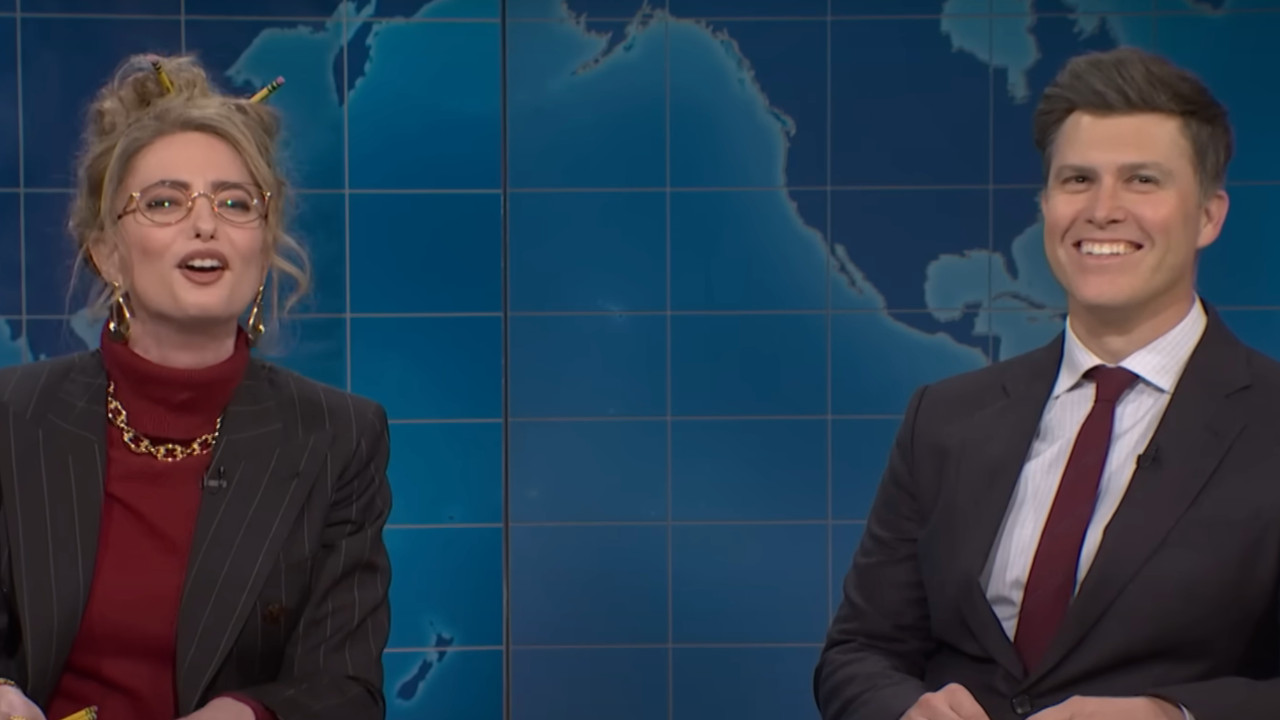Tyler Perry takes off his girdle and wig and leaves his famous character, Madea, behind for his first original theatrical film. Even though Daddy’s Little Girls doesn’t have the advantage of working its quirks out as a play, the final product remains representative of the writer/director/producer’s abilities and his common themes of the power of family and how much a community can accomplish when they band together.
As you might guess from the title, Daddy’s Little Girls is about a father and his daughters. The daddy is Monty (Idris Elba), a single auto mechanic who finds himself having to fight for his three daughters after their former caretaker, his ex-wife’s mother, dies from cancer. Monty and his former mother-in-law both want Monty to take care of the children, but his ex-wife and her crack-dealing boyfriend have other plans. Obviously you’ve got most of the basic relationships and conflict right there: father and daughters, man vs. ex-wife, and the community (which is being torn apart by drug sales) vs. criminal.
There is still one relationship to be filled however: a love interest for the single dad. This is one area where the story gets a little too convenient. In order to earn extra money, Monty picks up work as a driver. His first (and only) client: Julia (Gabrielle Union), an attractive, single attorney. The convenience: Monty needs a good lawyer to aid him in the legal fight against the well-funded drug dealing couple, a relationship that is clear from the start will blossom into something more. As predictable as it is, it is still fun to watch Monty and Julia’s relationship develop. Both Elba and Union perform their characters well. Elba brings emotional depth to the father who wants what’s best for his daughters while Union has a great sense of comedic timing – something essential for the part she plays.
The one benefit of Julia and Monty’s relationship is that it allows the story to branch out to wax philosophical about one more conflict: class. Julia’s friends are not the kind to be amused or in favor of a relationship between a successful legal partner and a struggling auto-mechanic. The snobbery allows the movie to take on some of the all-too-frequent stereotypes that are automatically applied to black men, particularly ideas about being a “baby’s daddy” or forty-year-olds in oversized jerseys. Monty breaks all of these stereotypes as a caring, responsible adult who is still struggling through life despite those character traits. It’s nice to see this kind of positive role model portrayed strongly on screen instead of reinforcing negative ideas.
Perry’s theatrical experience comes in to play throughout the picture. In his direction of the film, Perry lets the camera sit back and take in the actors doing their job. Emotional scenes are often driven by the strength of the actors’ performances instead of being determined through edited cuts, as Perry frequently makes use of single, extended camera shots. At the same time, his script is built with an understanding that the best drama allows for laughter as well, creating a story with a nice mix of laughter and tears.
Parts of Daddy’s Little Girls may be predictable and convenient as the movie tells its tale but there’s not necessarily anything wrong with that. The film is one of those ubiquitous “feel good movies” and as such it does its job well. When the final credits roll you’ll feel good and maybe, through the film’s attempts to challenge a few negative stereotypes, even feel a little better about the human race’s ability to come together in moments of adversity. You’ll laugh; you’ll cry; you’ll feel good. Isn’t that enough for a movie to provide sometimes?











